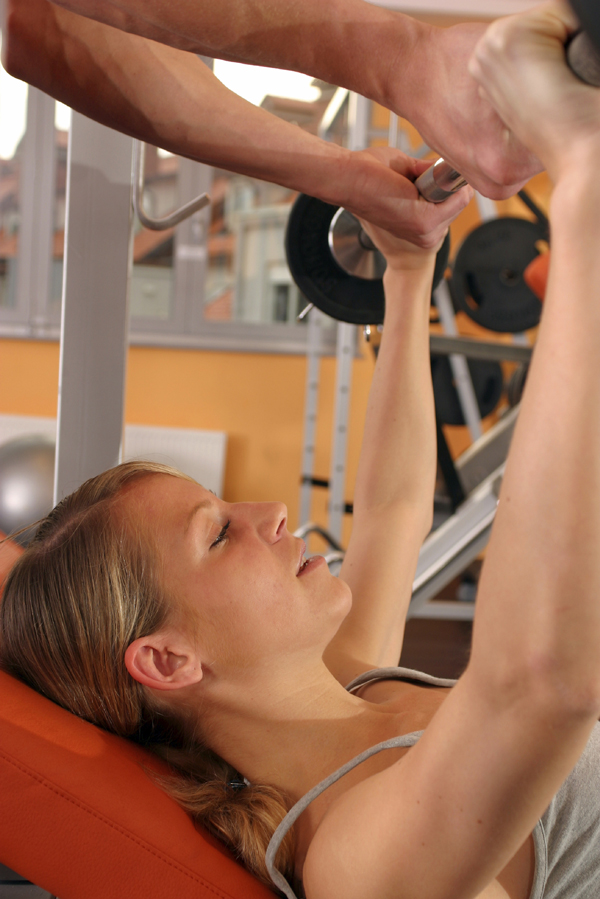Coffee is one of the most popular drinks in the world due to its’ caffeine content. Moderate caffeine consumption is currently being studied due to its’ potential impact on cognition, the aging process, and some cancers. In our field of Physical Therapy, caffeine has long been known as a performance enhancer based on its’ ability to improve focus, time to exhaustion, and intensity among endurance athletes. Recently, coffee’s impact on strength training performance has been studied with promising results.
Richardson and colleagues studied male participants with a history of strength training to determine the impact of caffeine ingestion on strength performance (J Strength Cond Res. 2016). The men completed squat and bench press reps to failure at 60% of their 1 repetition maximum weight under both caffeinated and decaffeinated conditions. As expected, the men were able to lift more total weight after ingesting the caffeinated drinks. These results did not hold up over longer weight training sessions with multiple bouts of exercise. The authors suggested caffeine’s effects may be due to improvements in voluntary contraction of muscles, improved nerve to muscle communication, improved muscle circulation, and reduced inhibition and pain processing from the brain.

